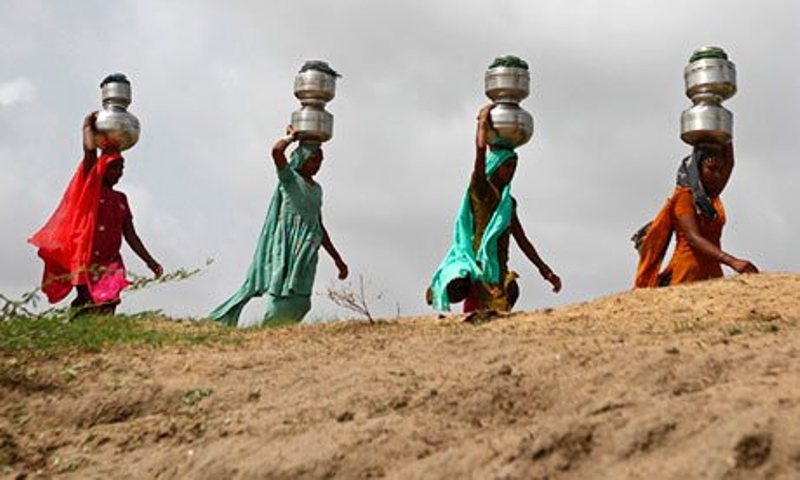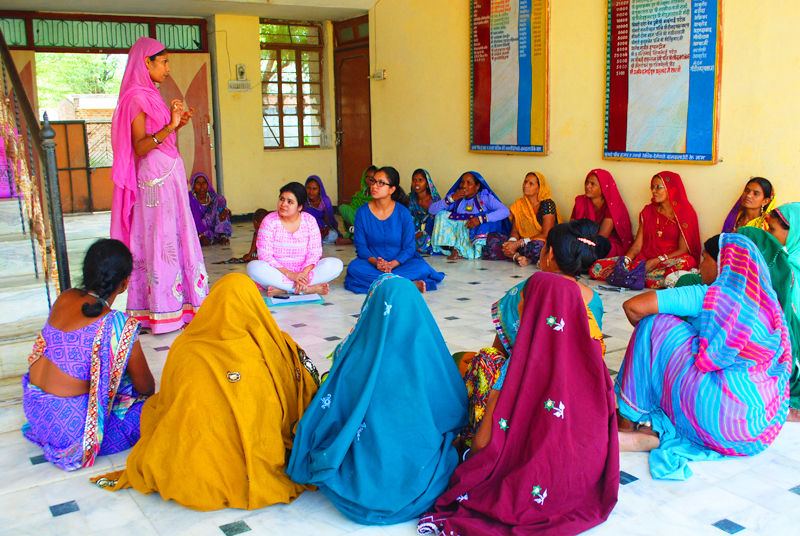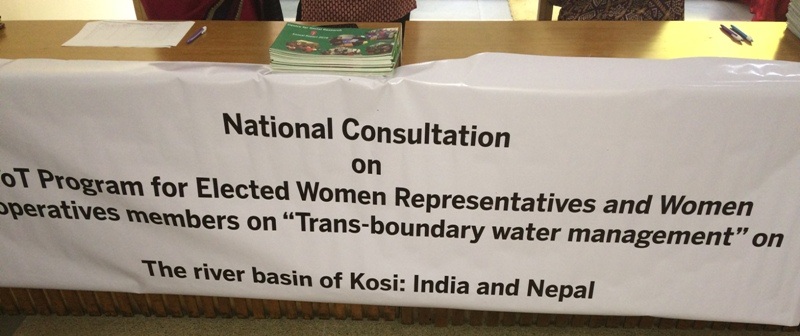The basis of feminist perspectives lies in the definition of feminism, which refers to the ambition of attaining equality between males and females. Feminist perspectives try to further this ambition backed by various theoretical and philosophical backgrounds. The cultural feminists’ perspectives look at how the factors of an individual’s environment or culture affect their role in the society, thus making a sharp distinction between male culture and female culture. Male culture includes virtues like aggression and competition, whereas female culture includes virtues like caring and nurturing.


Women are often associated with nature, because of their reproductive capabilities and the aforementioned virtues of nurturance and caring. They are in turn associated with the private sphere and restricted to the nature part of the public sphere. Thus, we see women in early societies carrying out activities such as collection of wood for the household, collecting water, etc.
Keeping in mind the idea of female culture, of how women are deemed to be naturally caring, we must further the idea of ecological conservation. Ecofeminism was a term first coined by Francoise d’Eaubonne in 1974, in her book Le Feminisme Ou La Mort. Through this term, she encouraged the connections between women and nature, through the idea that both women as well as nature are oppressed and dominated, through ideas of reciprocity and cooperation. She almost made it seem as if both women and nature were each other’s allies in this world of oppression by males.
Thus, following this idea of allies, women must seek to improve the ecological conditions and fight for environmental degradation. One such issue is that of water conservation. It refers to the policies involving sustainable usage of water so that the demands of the current and future generations can be met. Since women are, in most of the cases, in-charge of the domestic sphere and its wellbeing, the lack of water resources will directly affect them the most. Thus, it is important for women to take a step forward towards water conservation.


However, the distinction between the domestic and the public sphere is questioned by the liberal feminists on the basis of whether the males are at all responsible for all that is associated with the domestic sphere or not. It separates both males and females into water-tight compartments with next to no fluidity. Thus, the question of environmental degradation, or that of water conservation, should affect both equally, and action against it must be taken by both males and females.
–





